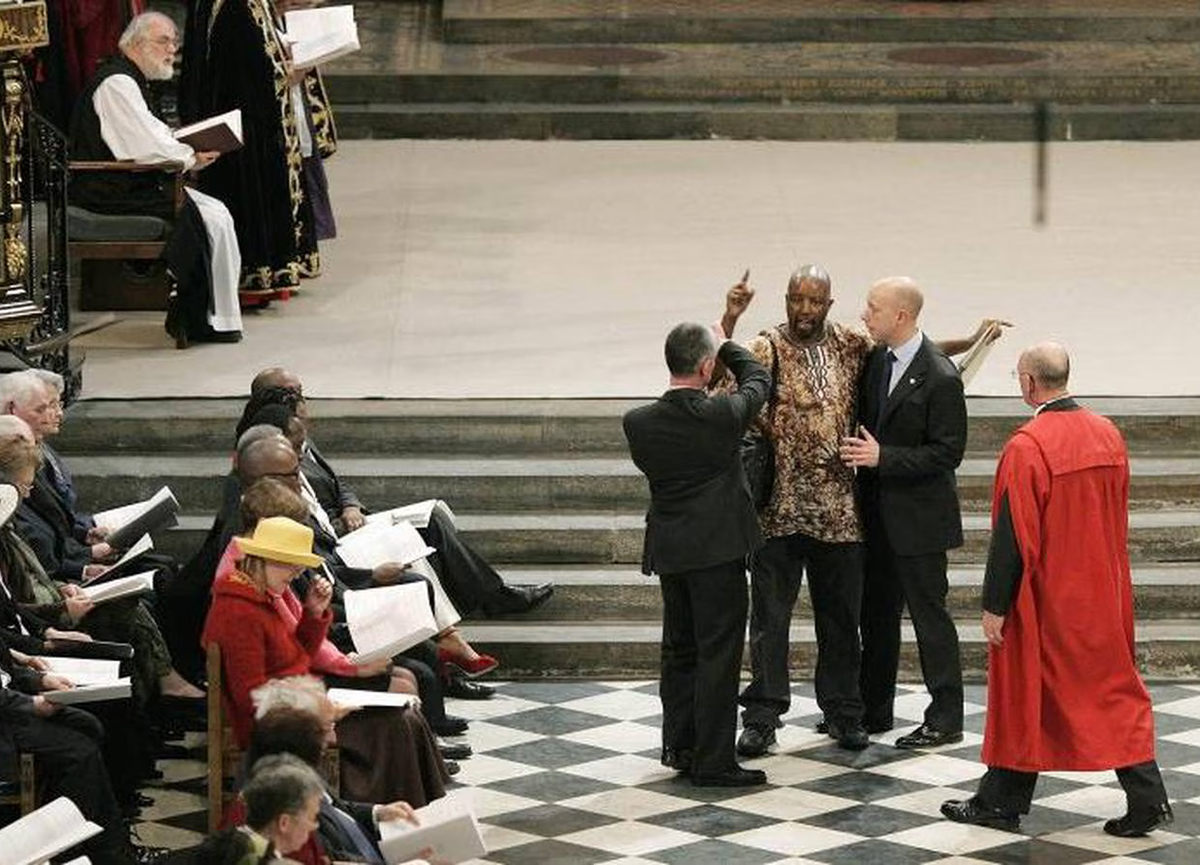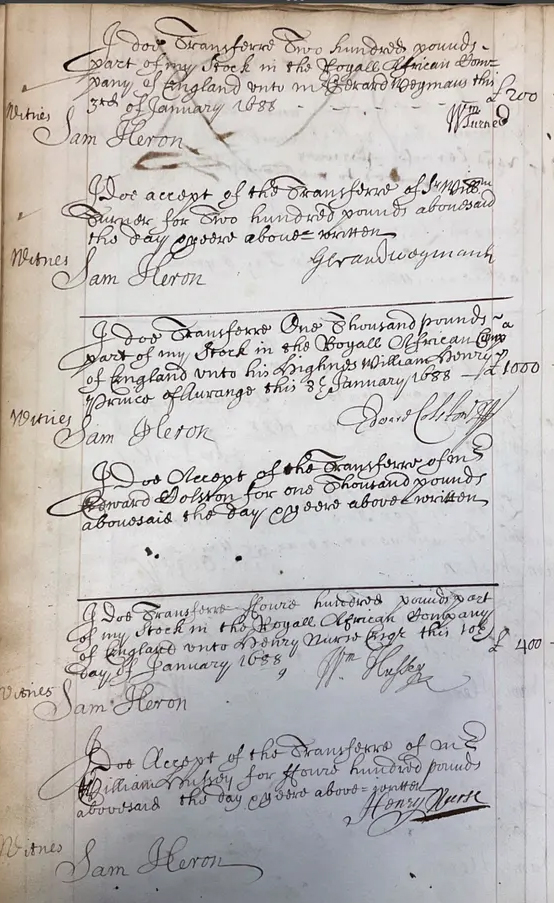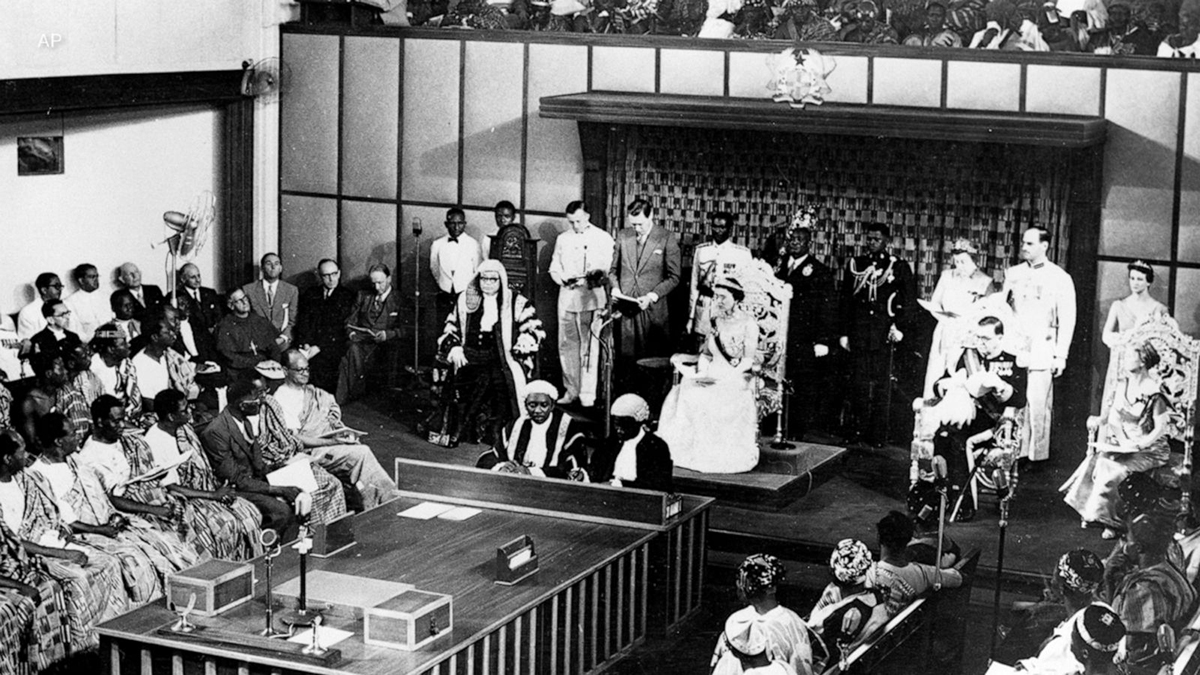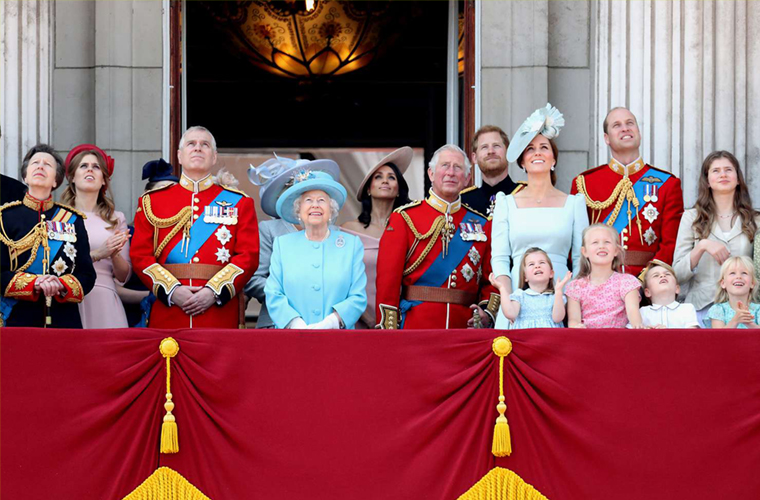The British monarchy’s ties to slavery can be traced back to the country’s involvement in the transatlantic slave trade, which lasted from the 16th to the 19th century. Many members of the royal family were involved in the slave trade or benefited from it in some way. For example, Queen Elizabeth I was a shareholder in the Guinea Company, which traded in African slaves. In the 18th century, Queen Charlotte, wife of King George III, owned African slaves that were given to her as gifts. The monarchy also had financial investments in companies that were involved in the slave trade.
Additionally, some of the royal family’s estates and properties, such as Buckingham Palace and Windsor Castle, were built using the wealth that was derived from slavery. The British Royal Navy, which was used to patrol and protect British interests in the slave trade, was also under the control of the monarchy.

The transatlantic slave trade, in which millions of Africans were forcibly taken from their homelands and transported to the Americas as slaves, was a major part of the British economy in the 18th and 19th centuries. The trade involved British merchants, financiers, and slave ship owners, who profited greatly from the buying and selling of human beings. The British government was also complicit in the trade, as it provided legal and military support to British traders.
Many members of the British monarchy were directly involved in the slave trade or profited from it in some way. For example, King Charles II granted a charter to the Royal African Company in 1660, which gave it a monopoly on the British slave trade. Queen Anne also granted a charter to the South Sea Company in 1711, which allowed it to trade in slaves. Queen Charlotte, the wife of King George III, was the owner of several African slaves, who were given to her as gifts. The King himself was known to have financial investments in the slave trade, as did many other members of the British aristocracy.

In addition, many of the royal family’s estates and properties were built using the wealth that was derived from slavery. The Royal Africa Company, for example, was responsible for building the Cape Coast Castle in Ghana, which was used as a trading post for slaves. The profits from the slave trade were used to build many other British landmarks, including some of the country’s most famous stately homes.
Furthermore, the British Royal Navy played a significant role in the slave trade, as it was used to protect British interests in the trade and to capture slave ships from other countries. The Royal Navy also helped to enforce the abolition of the slave trade in the 19th century.
In recent years, the British monarchy has taken steps to address its ties to slavery. The Royal Collection Trust, which manages the art and treasures of the monarchy, has been researching its links to the slave trade and has made some of its findings public. In 2020, Queen Elizabeth II expressed regret over the “unimaginable suffering” of African slaves and acknowledged the “deeply troubling” legacy of slavery.

Overall, the British monarchy’s ties to slavery are a complex and uncomfortable part of its history. While some members of the royal family were directly involved in the slave trade and others benefited from it indirectly, the monarchy has taken steps to confront and acknowledge this history in recent years.

